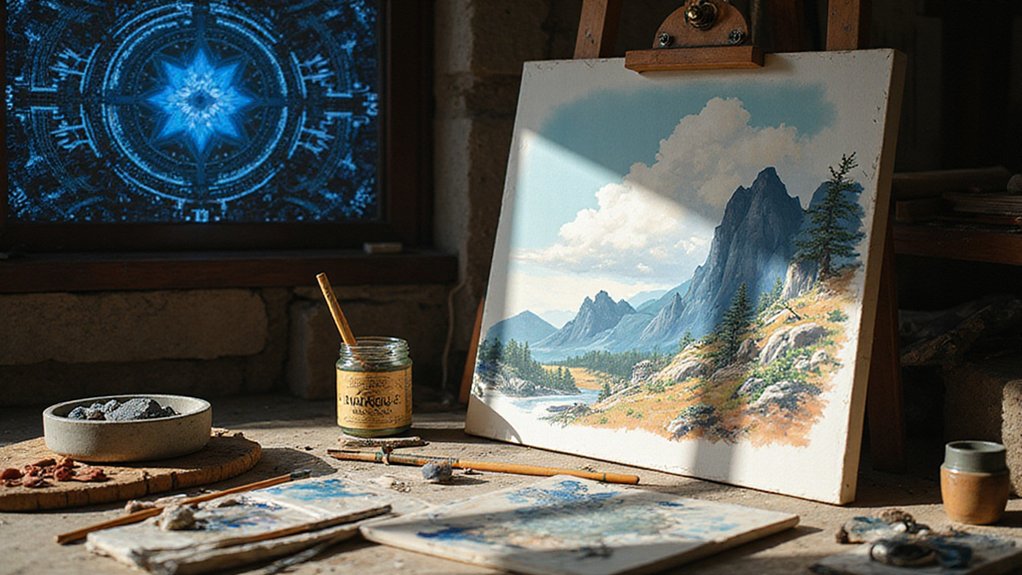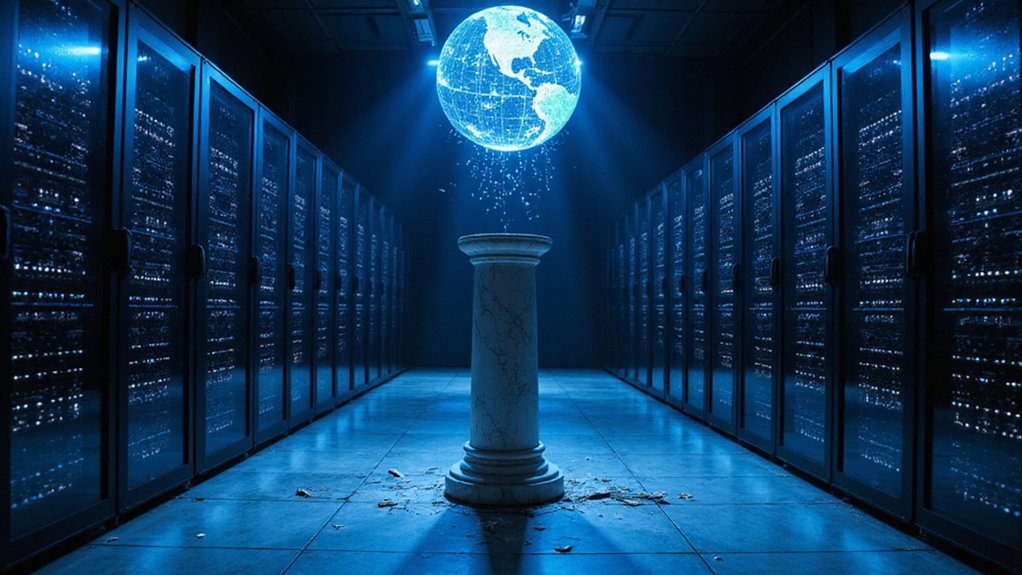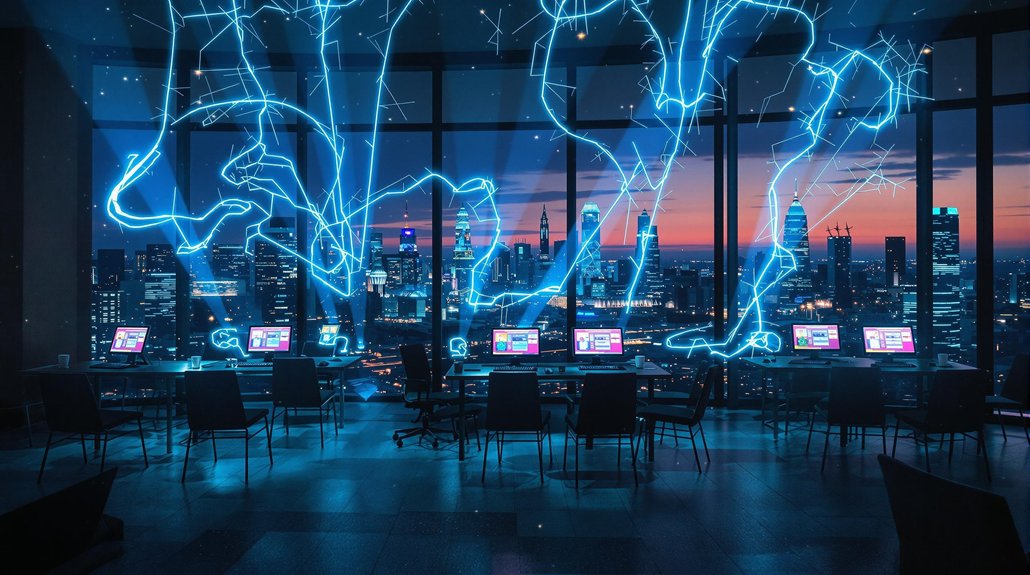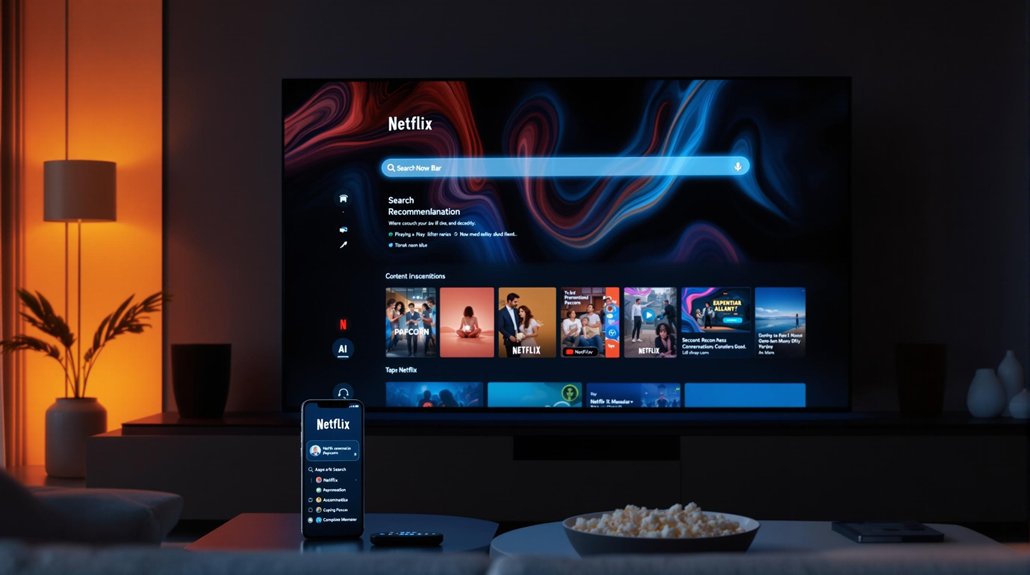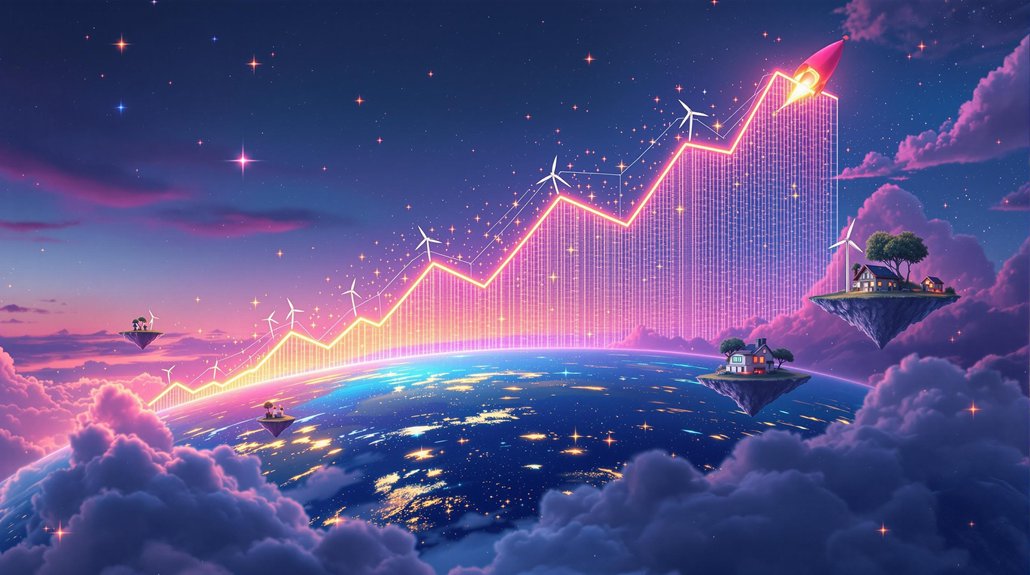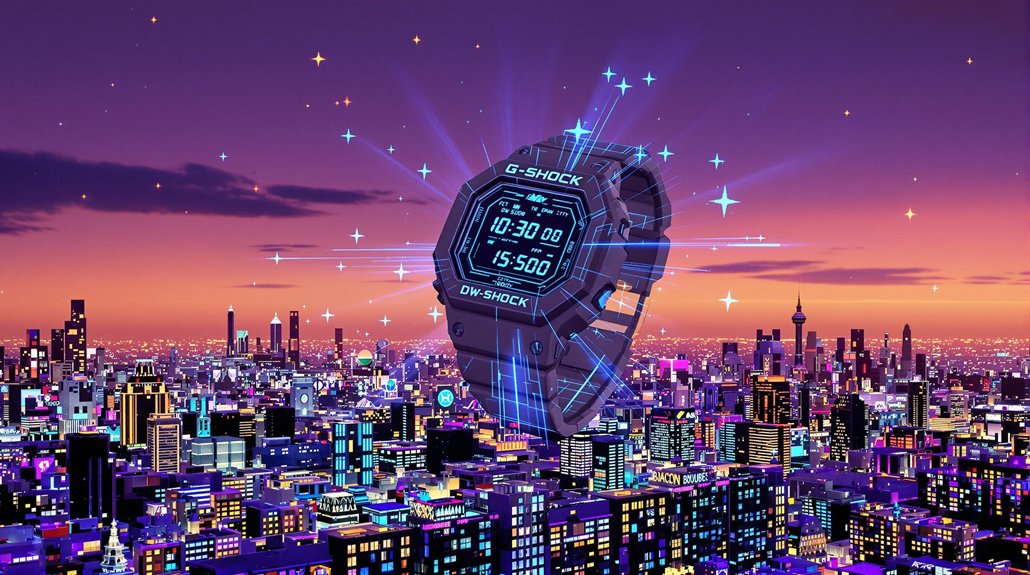Artists around the world are facing a growing threat as artificial intelligence rapidly transforms creative industries. AI is projected to eliminate 85 million jobs by 2025, with creative fields among those impacted. Already, 55% of artists believe AI will negatively impact their income, while 89% feel current copyright laws are outdated for AI-generated art.
The financial implications are significant. AI-generated art pieces like “Portrait of Edmond Belamy” have sold for $432,000, and 29% of art collectors say they’re willing to buy AI-created art in 2024. The global AI music industry is expected to reach $6.2 billion by 2025 and grow to $38.7 billion by 2033. With a projected annual growth rate of 25.8% from 2024 to 2033, AI music technology is rapidly gaining momentum in the creative marketplace.
Despite these concerns, many artists are adopting AI in their workflows. About 60% of musicians now use AI tools for aspects of music production, including mastering, composing, or creating artwork. Over 34 million AI images are generated each day, showing how prevalent these tools have become.
AI isn’t just disrupting art—it’s becoming part of the artistic process for millions of creatives worldwide.
Public perception remains mixed. While 56% of people who’ve seen AI art report enjoying it, 76% don’t believe AI-generated works should be classified as “art.” Notably, 82% of listeners cannot distinguish between human and AI-made music in blind tests.
The economic impact isn’t entirely negative. AI is expected to boost music industry revenue by 17.2% in 2025 and create 97 million new jobs by 2025, potentially offsetting the jobs eliminated. These new positions are mainly in tech, analysis, and new digital arts roles.
Legal concerns persist as frameworks lag behind AI advances. Most artists (77%) worry AI-generated music doesn’t credit original artists properly, and 53% fear AI images could spread misinformation. A significant majority of artists (84%) would support a licensing system for compensation when AI uses their work. The ongoing debate reflects the tension between technological advancement and protecting artistic integrity as AI systems continue to train on copyrighted works without creator consent.
Hong Kong’s creative community has shown resilience by embracing traditional artistic values while selectively incorporating AI. Their success demonstrates that while AI can replicate artistic styles, it cannot replace human creativity, cultural context, and emotional depth.
These artists prove that despite AI’s growing capabilities, human creativity still holds unique value that technology cannot duplicate.
